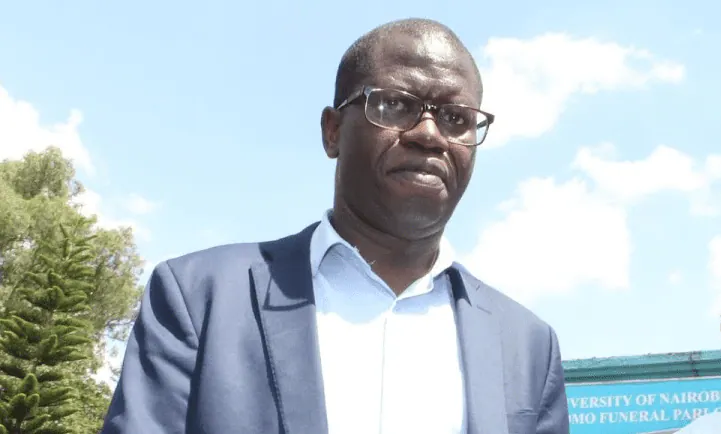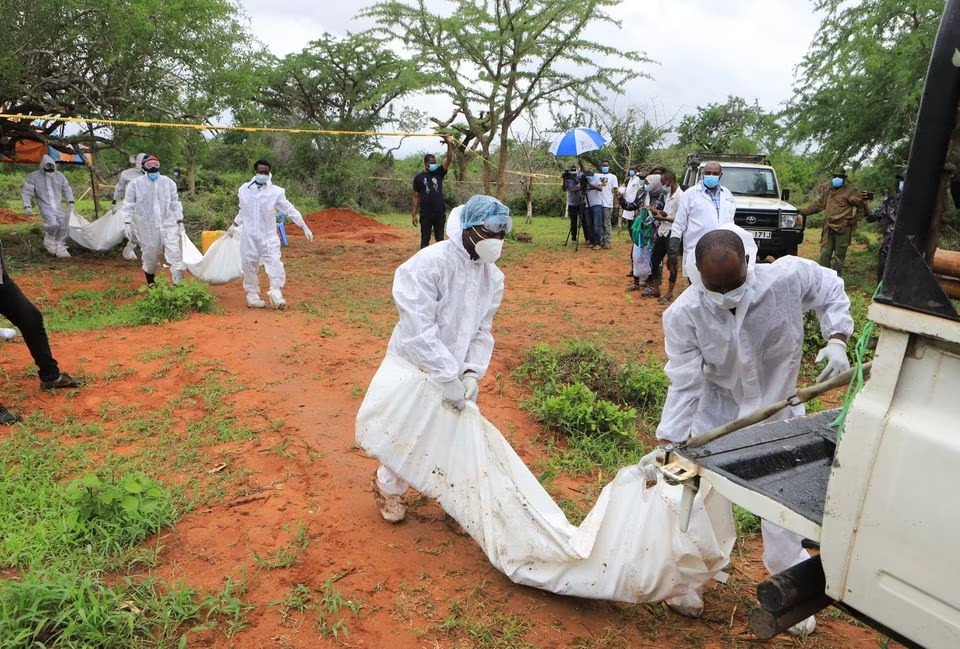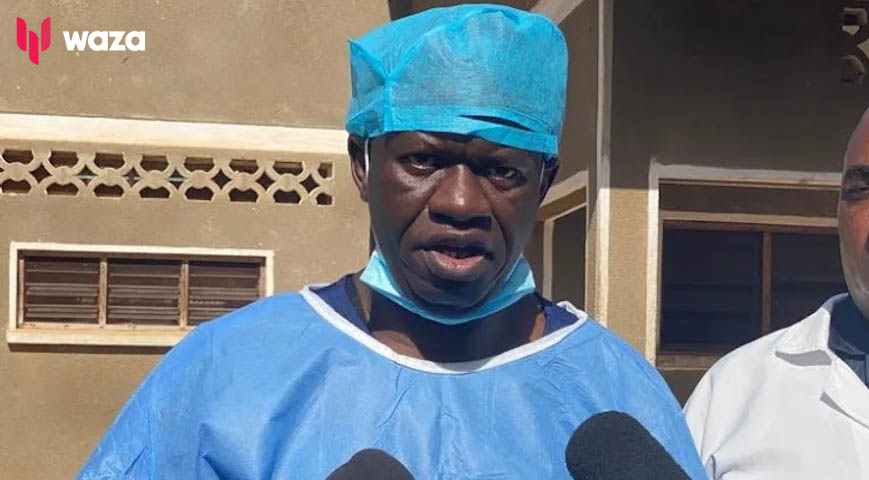Johansen Oduor would not be the senior government pathologist in Kenya today if he had followed his father's wishes to become a teacher.
Oduor, who grew up in unofficial settlements outside of Nairobi, remembers how his father was surprised to hear that he intended to pursue a medical career to better his community.
"The reason I chose to be a doctor is that growing up in Eastlands, there are a lot of shortages and challenges in healthcare centers. I decided to help the community by being a doctor," Oduor told NTV on Saturday, adding that he never considered pathology a field during his studies.
Oduor claimed that there was a great deal of stigma in the field of pathology.

Did you read this?
"By the time I was finishing my university masters, I didn't want to do pathology. With pathology, there is a lot of discrimination, you are feared," voiced Oduor.
The Ministry of Health unexpectedly posted him to the mortuary after he graduated. I had never gone into a morgue before. The stench made me nearly decide not to go back. The head pathologist recalled returning to the morgue to help people.
"I noticed that many of the people visiting the mortuary were from Kibera and Mathare, which are the neighborhoods where I was raised." Thus, I reasoned, "If I don't assist these folks, who will?"
Oduor was also taken aback by his appointment to his current role. "I never imagined that I would become the chief pathologist for the government. It was tense," he remarked.

"Since I had decided to help citizens, when I was posted at City Mortuary, I affirmed that I could do this."
Speaking to NTV, he said he has never seen a case where a bribe was given to change the outcome of a post-mortem, but there are contentious cases that attract a lot of attention.
He explained, "Since transparency is my policy, in a contentious case, I advise the relatives to bring their qualified doctor and possibly a relative to supervise the procedure."
The pathologist pointed out that when someone passes away tragically, a police report is filed under Section 386 of the Criminal Procedure Code. To help them determine the cause of death, the police consult pathologists during their investigations.
Oduor lists the Shakahola cult killings and the murder of Rita Waeni as the most challenging cases he has ever worked on.

"This is the first time I have come across such an incident. I have never come across such in my forensic life," said Oduor on Waeni's post-modern examination.
Oduor stated that the Shakahola massacre was challenging because of the extent of the atrocities and the degree of inhumanity.
"The volume of work made it difficult. Last year, we spent a good deal of time there. Additionally, the treatment of children was so inhumane.
The senior pathologist also disclosed that he fears death, just like everyone else.
"Everyone is afraid of dying. I consider dying. Death comes as a shock, he remarked.
Oduor is a father of three who enjoys watching movies and listening to music when he's not in a morgue. Mr. Bombastic, by Shaggy, is his favorite jam.
Oduor views the late Prof. George Magoha as one of his heroes in addition to his parents.
"Ever since my undergraduate days, the late Professor Magoha has been my hero. Despite his severe appearance, he was a good man who was always willing to help."









